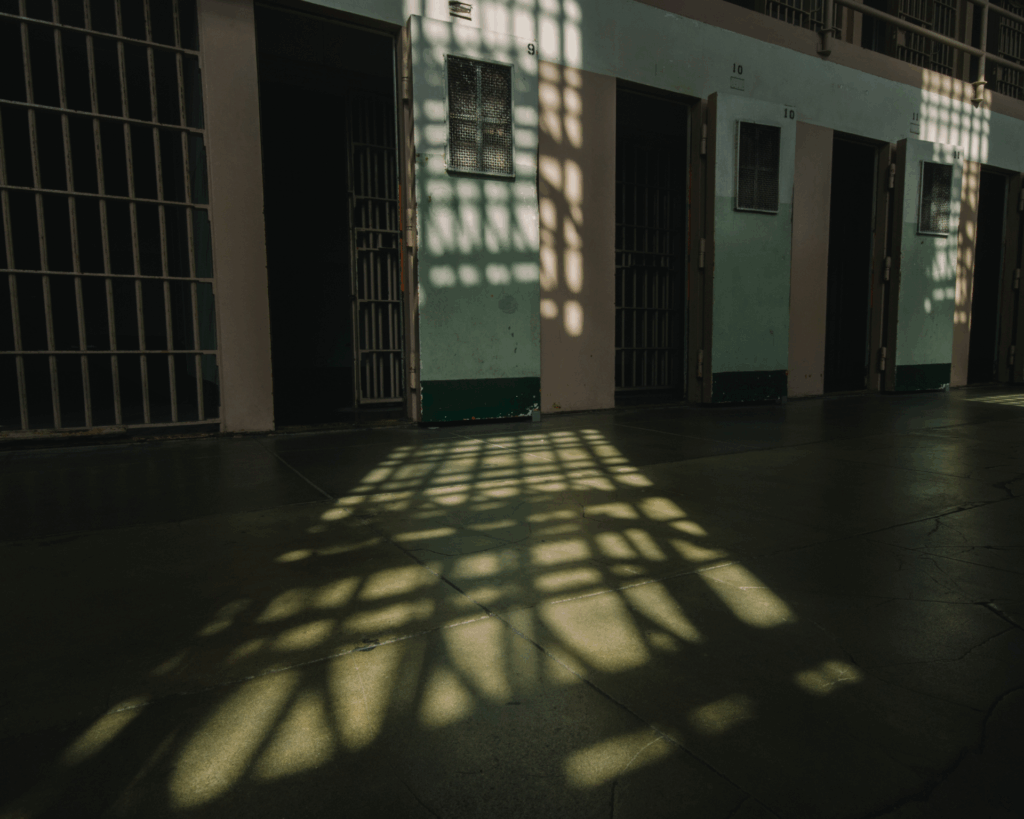Recess in Pieces across the US
School recess is an option for increasing children's physical activity, but only five states have legislation that requires elementary school recess.

Read Time: 2 minutes
Published:
Obesity rates among US children have tripled in the past three decades. This places children at higher risk for poor health outcomes, such as type II diabetes and cardiovascular disease. They are also more likely to be overweight as adults. While causes can vary between individuals, common solutions include physical activity, healthier food choices, and participation in health-oriented community education events. In 2017, the Council of State Governments published a research brief summarizing physical activity legislation across the United States. School recess is one attractive option for increasing physical activity and it also benefits children’s emotional, social, and mental health. Physical exercise can increase attention span and improve academic performance.
Only five states, shown in green on the map, have legislation mandating recess in elementary schools: Connecticut, Indiana, Missouri, Rhode Island, and Virginia. Each state passed legislation aimed at elementary schools, mandating a recess period (or, in the case of Indiana, physical activity, which may “include the use of recess”). Connecticut, Missouri, and Rhode Island have a minimum recess requirement of 20 minutes, whereas Virginia and Indiana do not mention time in their policies. Eight other states have “general activity” requirements, mandating daily or weekly physical activity, expanding into physical education, field trips, exercise programs, etc. These are: Arkansas, Colorado, Iowa, Louisiana, the Carolinas, Tennessee, and Texas.
All other states supplement mandatory recess with alternative policies, primarily physical education, and vary in their degree of requirement. Massachusetts has mandatory physical education for grades K-12, but no recess requirements. That may change, as Rep. Marjorie Decker introduced a bill in 2017 to provide grades K-5 with 20 minutes of recess.
Bills emphasizing academic achievement, such as the No Child Left Behind Act, encourage increasing class time, often taking time away from recess. Multiple organizations, including the Center for Disease Control, recommend that physical activity and recess should be mandatory.
Databyte via Mat Shafer and Elizabeth Whitehouse, State Policies on Physical Activity in Schools. The Council of State Governments.



